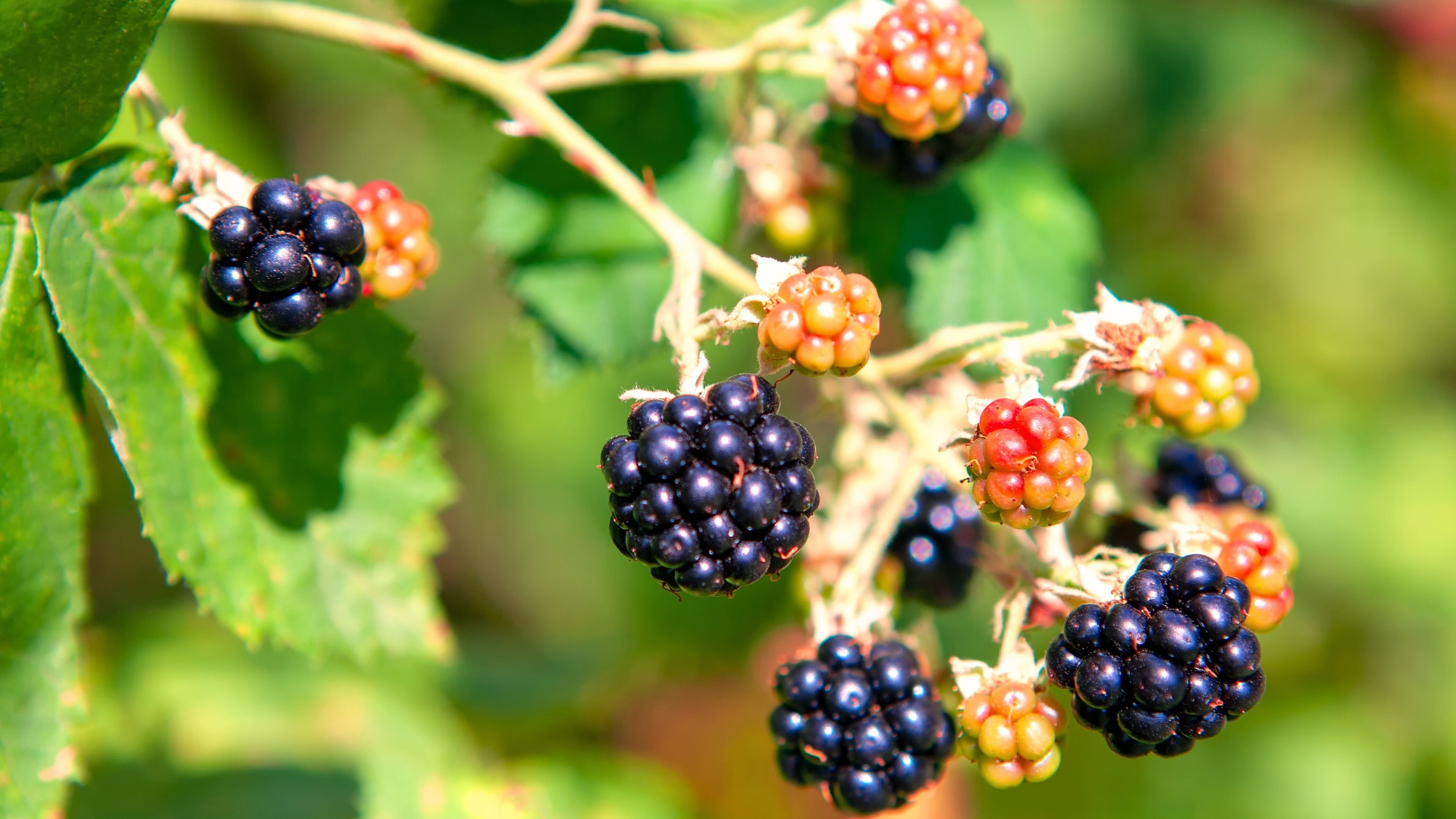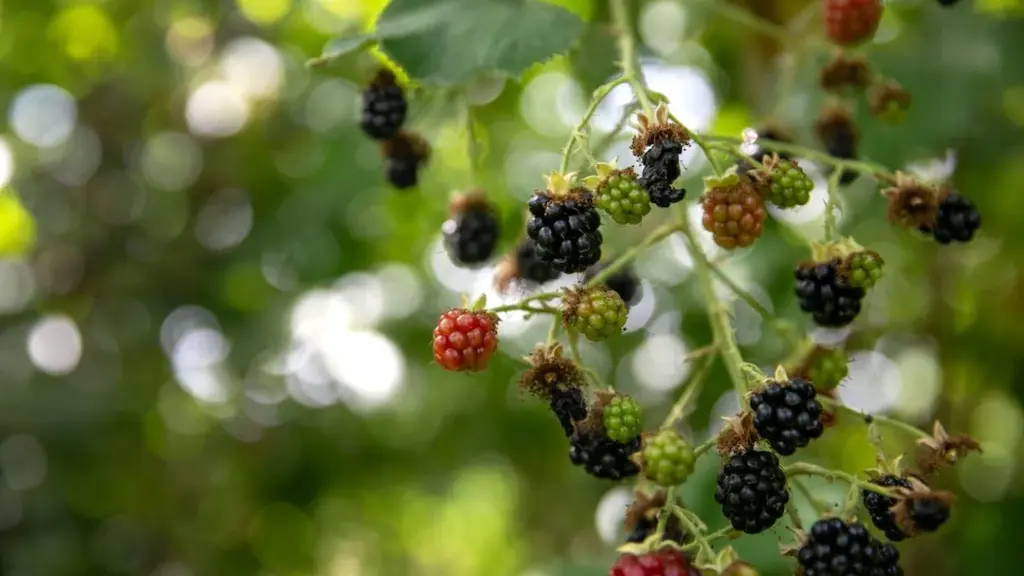9 Reasons Growing Invasive Blackberries Could Cause Problems
Blackberries might seem like a sweet addition to your garden, but they can quickly get out of hand. Their vigorous growth can crowd out other plants and take over spaces before you notice.
Thorns make harvesting tricky, and controlling their spread can become a full-time job. Wildlife may love them, but your garden might not handle the competition so well.
Understanding these 9 reasons can help you think twice before planting invasive blackberries.
1. Unstoppable Spreading
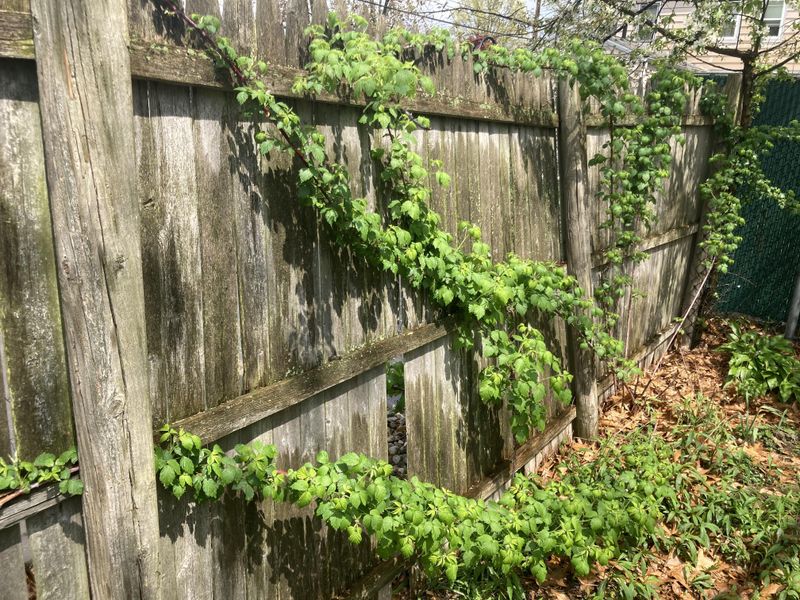
What starts as a single plant can quickly take over your entire yard. These thorny invaders reproduce through seeds, root fragments, and by sending out new shoots from their extensive root systems.
Birds eat the berries and spread seeds everywhere, creating new plants far from the original. Within just two growing seasons, that innocent-looking plant can transform into an impenetrable thicket that’s nearly impossible to control.
2. Vicious Thorns
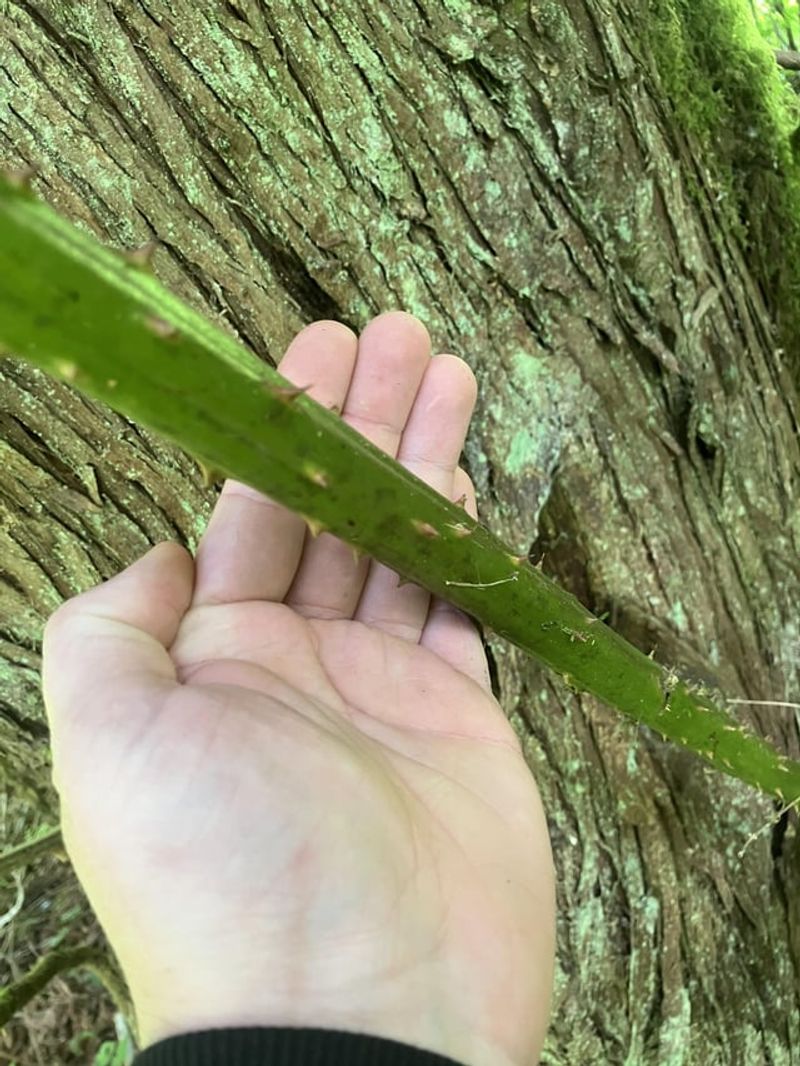
Ever tried walking through a blackberry patch? Those thorns aren’t just annoying—they’re downright dangerous. The curved, sharp prickles can easily tear through clothing, gloves, and skin, causing painful scratches and puncture wounds.
Many gardeners end up with battle scars from attempted removal. The thorns can even cause infections if they break off under your skin, making any maintenance or removal a potentially painful and hazardous task.
3. Property Value Reduction

Real estate agents will tell you that invasive blackberry infestations can seriously hurt your property value. Prospective buyers see these brambles as a red flag—an expensive, time-consuming problem they’d rather avoid.
The unsightly appearance of overgrown patches signals neglect to neighbors and visitors. In some areas, allowing invasive species to spread unchecked can even result in citations from local authorities, adding financial penalties to your blackberry woes.
4. Habitat Destruction
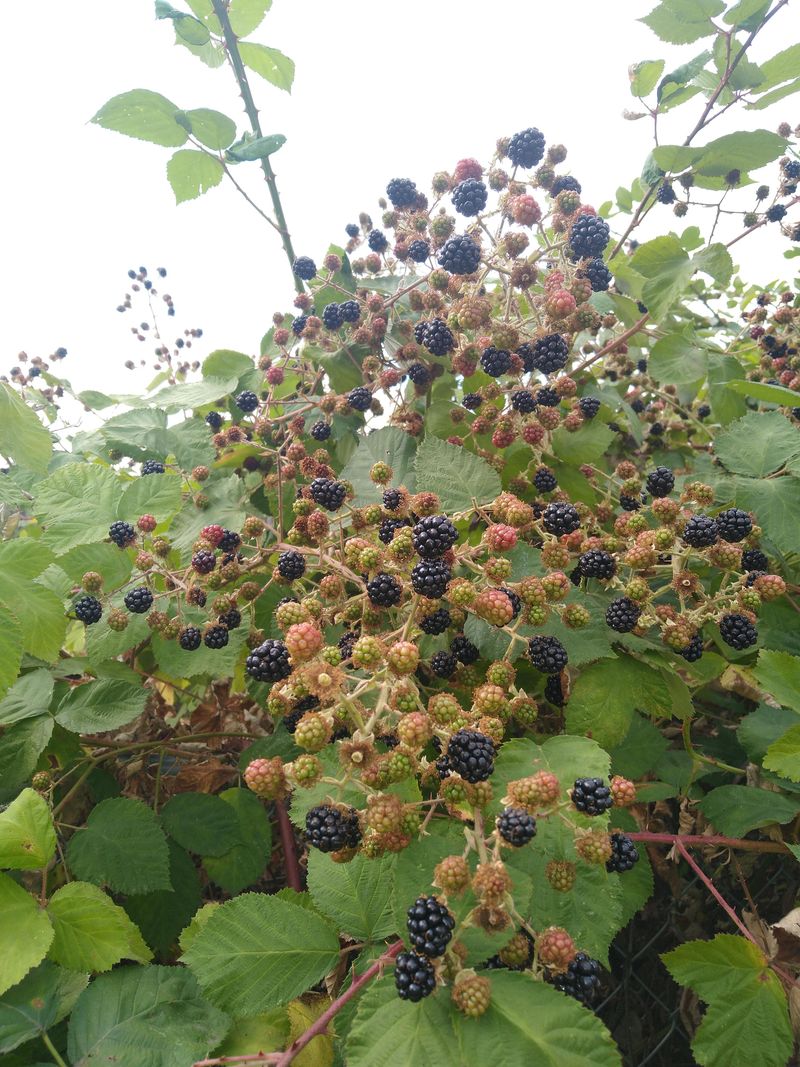
Native plants don’t stand a chance against aggressive blackberry species. The dense thickets shade out smaller plants, while their extensive root systems outcompete natives for water and nutrients, essentially starving them.
This creates ecological dead zones where biodiversity plummets. Wildlife that depends on native plant communities suffers as their food sources and shelter disappear, disrupting the local ecosystem that took centuries to develop naturally.
5. Expensive Removal
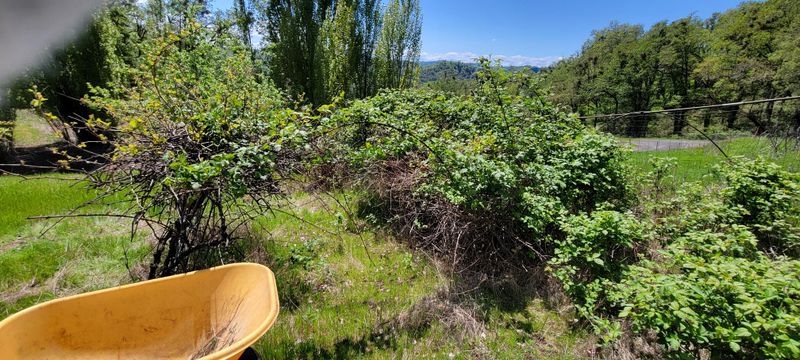
Getting rid of established blackberry patches can drain your bank account fast. Professional removal services often charge thousands of dollars, especially for large infestations, since the work is labor-intensive and requires specialized equipment.
DIY removal isn’t much better financially. You’ll need heavy-duty tools, protective gear, and herbicides for effective control. Plus, the process typically takes years of persistent effort, as missed root fragments quickly regenerate into new plants.
6. Water Resource Depletion
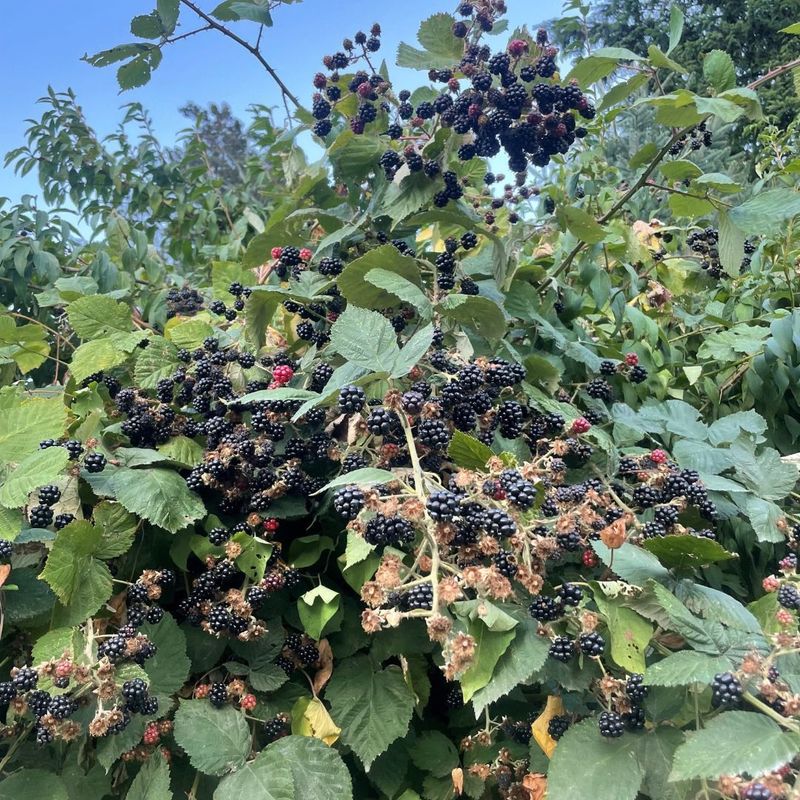
Thirsty blackberry plants can drink your garden dry. Their extensive root systems act like underground straws, sucking up moisture that would otherwise nourish your garden plants and lawn.
During drought conditions, this competition becomes even more problematic. You’ll find yourself watering more frequently just to keep other plants alive. The increased water usage not only strains environmental resources but also shows up as higher water bills.
7. Fire Hazard Creation
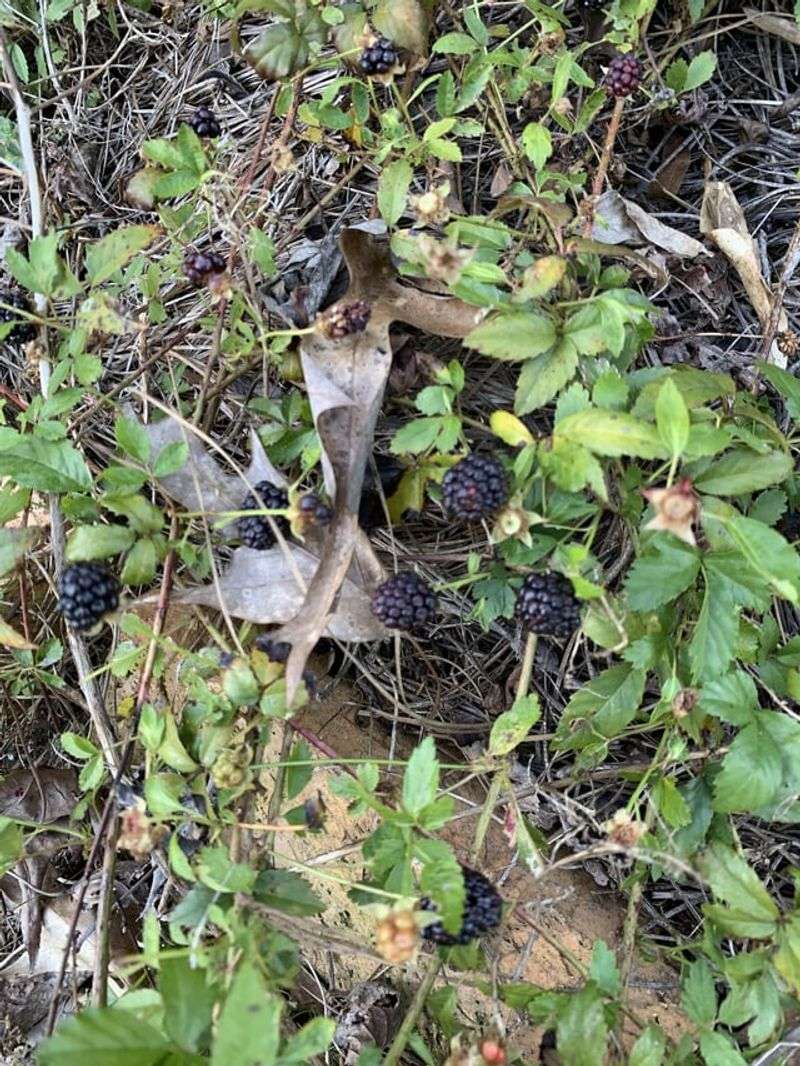
Dry blackberry thickets become serious fire hazards during hot summer months. The dead canes and dry leaves act as perfect kindling, ready to ignite with the smallest spark.
Once burning, these brambles create intense, fast-moving fires that can quickly spread to structures. Fire departments in areas with blackberry infestations often warn homeowners about maintaining defensible space around buildings by removing these flammable plants, especially in wildfire-prone regions.
8. Legal Consequences
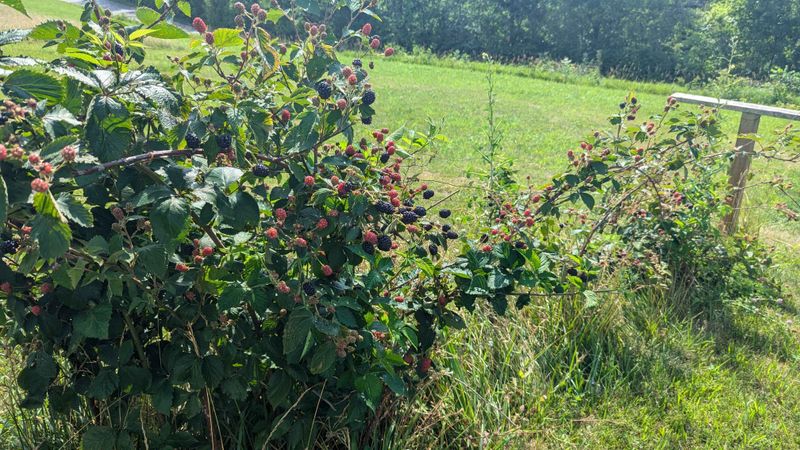
Many states and counties have laws specifically targeting invasive blackberry species. Growing them intentionally could land you in legal trouble, especially if they spread to neighboring properties or protected natural areas.
Some jurisdictions can force property owners to pay for removal or face fines. Neighbors might even take legal action against you for damages if your blackberries invade their property. The legal headaches alone make these berries not worth the trouble.
9. Pest Magnet
Invasive blackberries can attract unwanted pests that create even more headaches in your garden. Their dense thickets provide shelter for rodents, slugs, and certain insects that can damage nearby plants.
These pests often find their way into vegetable gardens, flower beds, or even your home. By encouraging unwanted wildlife, blackberries indirectly increase maintenance challenges and can lead to further plant and property damage, making them a risky choice for any garden.

